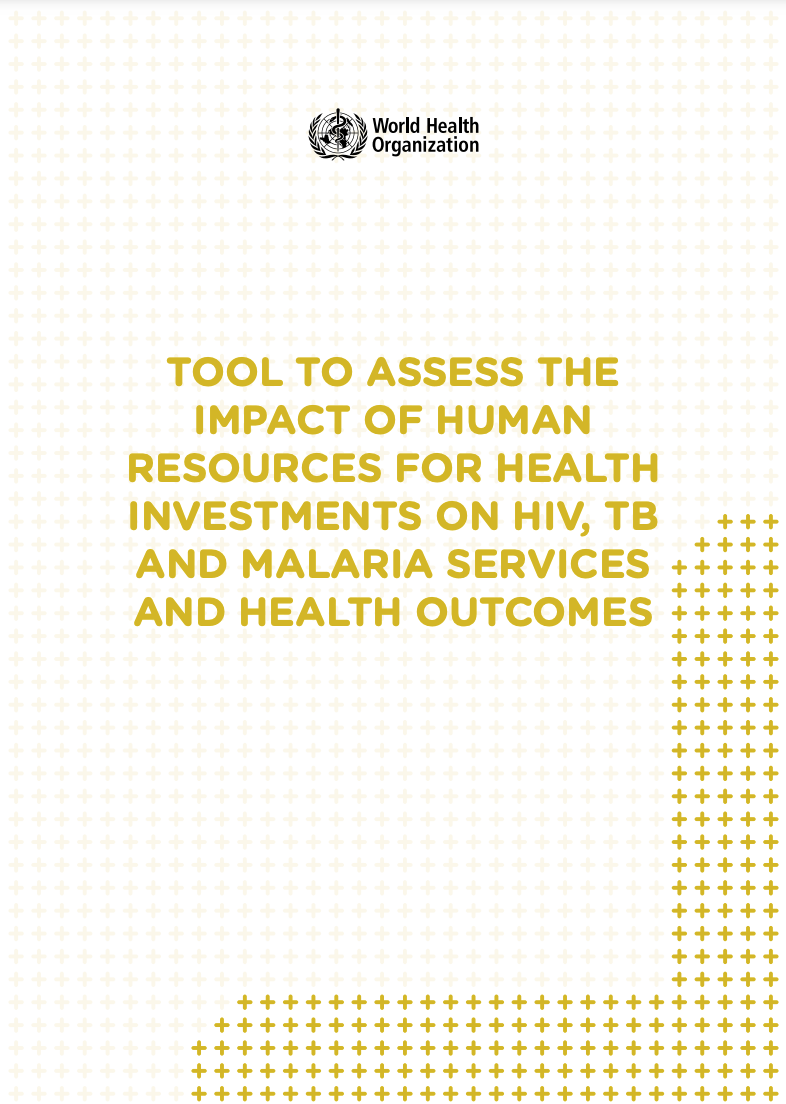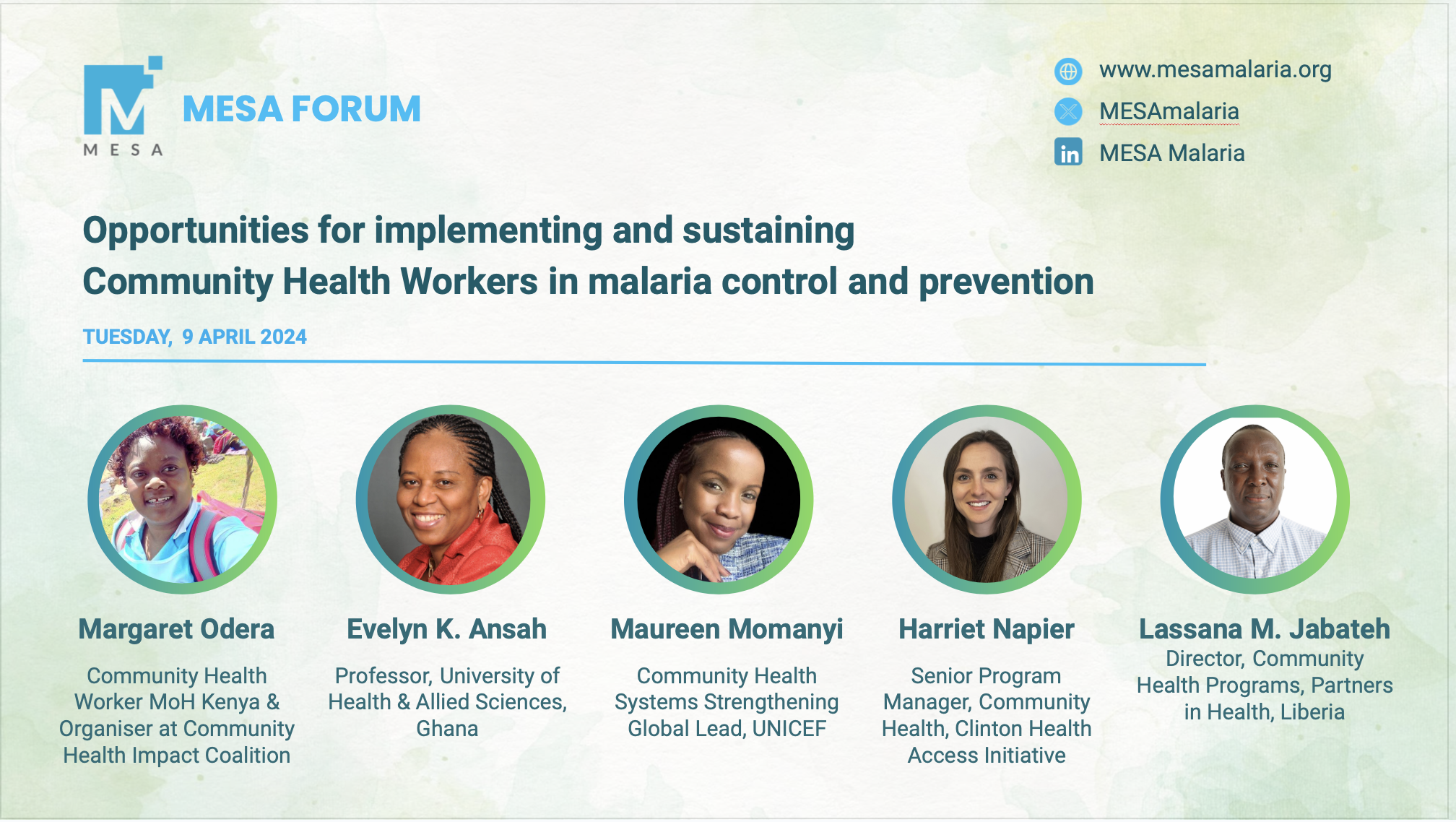Warning: Undefined array key "file" in /var/www/vhosts/gestortectic.com/mesa.gestortectic.com/wp-content/plugins/fulltext-search/includes/wpfts_querylog.php on line 520
Warning: Undefined array key "file" in /var/www/vhosts/gestortectic.com/mesa.gestortectic.com/wp-content/plugins/fulltext-search/includes/wpfts_querylog.php on line 520
Warning: Undefined array key "file" in /var/www/vhosts/gestortectic.com/mesa.gestortectic.com/wp-content/plugins/fulltext-search/includes/wpfts_querylog.php on line 520
Warning: Undefined array key "file" in /var/www/vhosts/gestortectic.com/mesa.gestortectic.com/wp-content/plugins/fulltext-search/includes/wpfts_querylog.php on line 520
Warning: Undefined array key "file" in /var/www/vhosts/gestortectic.com/mesa.gestortectic.com/wp-content/plugins/fulltext-search/includes/wpfts_querylog.php on line 520
Warning: Undefined array key "file" in /var/www/vhosts/gestortectic.com/mesa.gestortectic.com/wp-content/plugins/fulltext-search/includes/wpfts_querylog.php on line 520
Warning: Undefined array key "file" in /var/www/vhosts/gestortectic.com/mesa.gestortectic.com/wp-content/plugins/fulltext-search/includes/wpfts_querylog.php on line 520
Warning: Undefined array key "file" in /var/www/vhosts/gestortectic.com/mesa.gestortectic.com/wp-content/plugins/fulltext-search/includes/wpfts_querylog.php on line 520
Warning: Undefined array key "file" in /var/www/vhosts/gestortectic.com/mesa.gestortectic.com/wp-content/plugins/fulltext-search/includes/wpfts_querylog.php on line 520
Warning: Undefined array key "file" in /var/www/vhosts/gestortectic.com/mesa.gestortectic.com/wp-content/plugins/fulltext-search/includes/wpfts_querylog.php on line 520
Warning: Undefined array key "file" in /var/www/vhosts/gestortectic.com/mesa.gestortectic.com/wp-content/plugins/fulltext-search/includes/wpfts_querylog.php on line 520
Warning: Undefined array key "file" in /var/www/vhosts/gestortectic.com/mesa.gestortectic.com/wp-content/plugins/fulltext-search/includes/wpfts_querylog.php on line 520
Warning: Undefined array key "file" in /var/www/vhosts/gestortectic.com/mesa.gestortectic.com/wp-content/plugins/fulltext-search/includes/wpfts_querylog.php on line 520
Warning: Undefined array key "file" in /var/www/vhosts/gestortectic.com/mesa.gestortectic.com/wp-content/plugins/fulltext-search/includes/wpfts_querylog.php on line 520
Warning: Undefined array key "file" in /var/www/vhosts/gestortectic.com/mesa.gestortectic.com/wp-content/plugins/fulltext-search/includes/wpfts_querylog.php on line 520
Warning: Undefined array key "file" in /var/www/vhosts/gestortectic.com/mesa.gestortectic.com/wp-content/plugins/fulltext-search/includes/wpfts_querylog.php on line 520
Warning: Undefined array key "file" in /var/www/vhosts/gestortectic.com/mesa.gestortectic.com/wp-content/plugins/fulltext-search/includes/wpfts_querylog.php on line 520
Warning: Undefined array key "file" in /var/www/vhosts/gestortectic.com/mesa.gestortectic.com/wp-content/plugins/fulltext-search/includes/wpfts_querylog.php on line 520
Warning: Undefined array key "file" in /var/www/vhosts/gestortectic.com/mesa.gestortectic.com/wp-content/plugins/fulltext-search/includes/wpfts_querylog.php on line 520
Warning: Undefined array key "file" in /var/www/vhosts/gestortectic.com/mesa.gestortectic.com/wp-content/plugins/fulltext-search/includes/wpfts_querylog.php on line 520
Last Updated: 06/11/2023
Ecosystem services such as health services: competitive trajectories for land use in the Amazon biome and its link to vector-borne diseases
Objectives
*Original title in Portuguese: Serviços ecossistêmicos como serviços de saúde: trajetórias competitivas para o uso da terra no biomaAmazônia e sua ligação com doenças transmitidas por vetores
The objective of this proposal is to develop indicators for ecosystem services associated with health and agricultural productivity in the Amazon. With regards to malaria this project aims to investigate the distribution of malaria incidence in interaction with socioeconomic, behavioral and demographic parameters along a gradient of economic development in Alto Juruá region, in Acre.
Vector-borne diseases are an important cause of morbidity, mortality and economic cost in Brazil and other tropical countries. Its dynamics and persistence involve a complex interaction between parasites and multiple hosts: humans, arthropods and multiple species of vertebrates. There is a broad body of knowledge and data on the ecology, biogeography and epidemiology of diseases transmitted by vectors such as malaria, Chagas disease, dengue, yellow fever, among others. In addition, there is a mature ecological theory linking disease dynamics to biodiversity and the landscape. This region is rapidly changing due to competing land use trajectories associated with different economic development paths. The team of social, natural, health, and applied scientists will utilize available spatial and temporal data for land use and land cover, disease incidence, mosquito suitability maps, parasite inventories, biodiversity hosts and vectors, socioeconomic surveys, and local production systems to develop protocols for classifying and measuring specific ecosystems and environmental services for vector-borne diseases. The protocol will be applied to technological trajectories observed in the Amazon region. The team will provide a framework for assessing ecosystem health and environmental services that can be integrated with other views to better understand the health and ecosystem impacts of different development strategies captured by competing land use trajectories in the Amazon and contribute to a process reasoned decision-making. One of the study areas to be addressed is the Alto Juruá region, in Acre, which is both a biodiversity hotspot and malaria endemism. The team will have access to socio-economic data sets, economic and micro-epidemiological studies, which include household surveys designed to investigate the distribution of malaria incidence in interaction with socioeconomic, behavioral and demographic parameters along a gradient of economic development involving the municipalities of Mâncio Lima and Rodrigues Alves (Lana et. al. 2015), as well as a malaria cohort study developed by Martins et al 2015. Vector-borne disease reports available since 2003 at SIVEP and SINAN (Ministry of Health) will also be used.
Mar 2020


